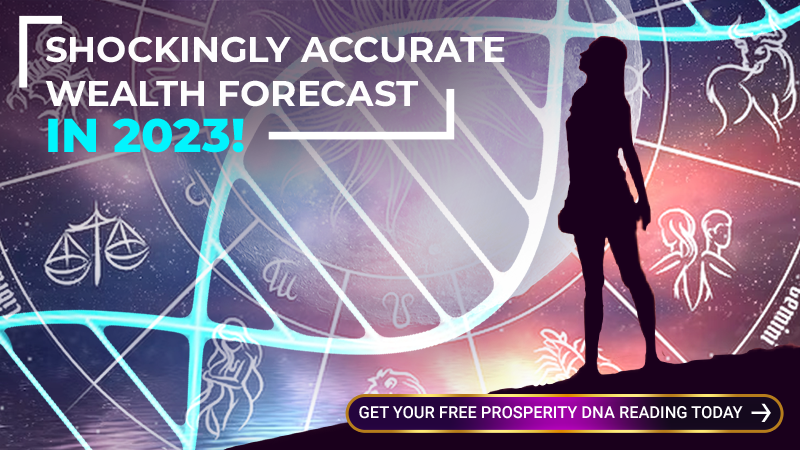Almost everybody experiences that things are not as they should be.
That your relationship is not satisfying you, that you’re not successful enough or even that you don’t have the things you want or crave.
This type of dissatisfaction makes you look inwards with disappointment about yourself, and outwards with envy towards others.
Advertisements and social media make things even worse than they already are, by reminding you that if you don’t have the perfect job.
The perfect relationship, if you don’t have lots of friends or aren’t integrated.
They make this perfect picture of how your life should be. You can help but buy into their illusion of a perfect life and feel disappointed about yours.

Researches have continuous research on this thing for the past 2 decades already, the field of positive psychology emerged, the study of what makes life worth living.
Scientists started asking questions “Why are some people happier and why is their life more satisfying than others? How or what are they doing so we can apply it to the rest of us?”

The antidote to dissatisfaction.
Gratitude.
While this sounds like another self-improvement trend preached by all types of people to make a quick buck.
What we are talking about is based on scientific work and studies. We will leave those study links at the end of the article.
Gratitude can mean different things to different people in all sorts of contexts.
A feeling, a virtue, a character trait, and behavior.
You can feel gratitude for people you know, or a random person who did something for you, gratitude can also manifest in feeling grateful for the weather, or your dog.
It manifests in all types of forms, it’s wired into our biology.
Gratitude Connects us to Each other.
When your brain recognizes that someone has done something ice for you, it reacts with gratitude to motivate you to repay them.
This gratitude makes you care about others, and it makes others care about you.
This was very important. As humans, we got better and better at reading emotions on one’s face and therefore was easy to identify selfish individuals.
Gratitude became an evolutionary advantage so you play well with other people and build long-lasting relationships.
Early forms of gratitude were biological mechanisms that modified your behavior towards cooperation. That helped humans to dominate the earth.

Consequences of Gratitude.
Gratitude makes it easier to save and retrieve positive memories.
Gratitude directly counteracts negative feelings and traits, such as envy, social comparison, narcissism, materialism, etc.
As a consequence, people who are usually more grateful than others, tend to be happier and more satisfied.
They have better relationships as they aren’t grumpy so often, and they have an easier time making friends. They also tend to suffer less from depression and are also dealing better with a traumatic event.
Gratitude makes it likely that you don’t fall into the psychological traps of modern life.
One example that most people suffer from is loneliness. Maybe you want more friends, without considering the ones you already have that want to hang out with you.
You might consider them are not enough, but in order to have more friends you need to be grateful for what you already have and keep them.
Hanging out with your friends and being grateful for them, might give you more opportunities and chances to meet new people, rather than turning them down and being lonely.
Gratitude is a feedback loop. Positive behavior causes positive experiences, and positive experiences cause more positive behavior.
In a nutshell, gratitude refocuses your attention towards the good things you already have in life, the consequences of this are better feelings and more positive experiences.

Sources – kurgeseagt
Positive psychology in practice, 2008





